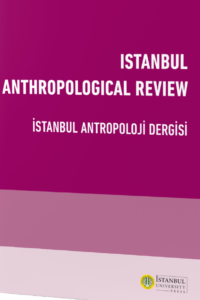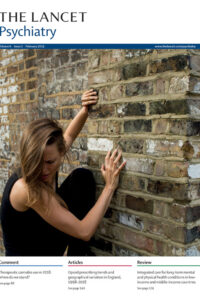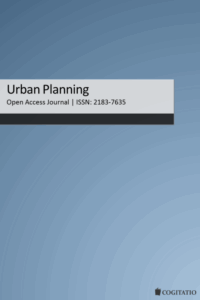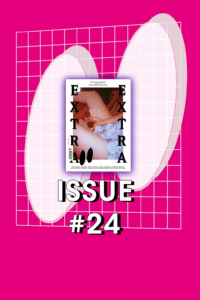This essay traces conceptual shifts in ethnographic analyses of long-term refugee camps. Earlier studies analyzing long-term refugee camps formally established as “temporary” responses to conflict drew on Foucault’s theorization of the exercise of power in modern states. This literature focused on the attempts of host-states and humanitarian aid organizations to discipline refugees within spaces of containment and surveillance, as well as refugees’ articulation of diasporic nationalism in response to these unequal relationships of power. With the securitization of (im)migration policy in the Global North as well as Global South, researchers have deployed the concepts of “encampment” and “humanitarian government,” drawing on Giorgio Agamben’s critique of liberal democracies, to highlight the difficult conditions within refugee camps, and question the legitimacy of the authority with which they are administered. A shortcoming of these paradigms is a focus on the “political” to the exclusion of the “economic.” Drawing on long-term fieldwork conducted in the Burj al-Barajneh refugee camp located in the southern suburbs of Beirut, a different conceptual framework is proposed which examines social relationships within particular refugee camps in light of their historically shifting location within local and global political economies.
Publication available in open access




